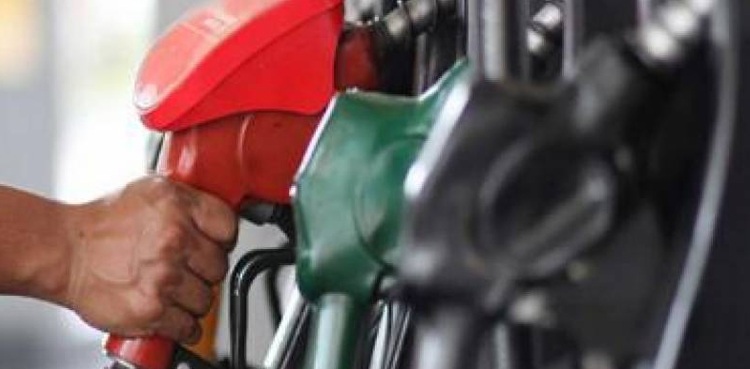South African motorists have been battered by months of steep petrol and diesel price increases, but November could bring much-needed decreases across the board.
For South African drivers who have felt the financial squeeze at the fuel pumps in recent months, there might be a glimmer of hope on the horizon. Early data suggests that November 2023 could usher in some relief in the form of significant petrol and diesel price decreases. However, as with any economic forecast, there are crucial factors to consider.
A Ray of Hope Amid Economic Uncertainty
The recent rollercoaster ride of fuel prices has left many South African motorists anxiously watching their budgets. Fortunately, as we approach mid-October, the latest data from the Central Energy Fund (CEF) indicates that the possibility of substantial fuel price decreases for November is becoming more plausible. Notably, this potential relief appears more pronounced for petrol.
Prospects for Petrol: A Promising Outlook
The unaudited CEF data suggests that there could be a decrease of approximately R1.97 per liter for 95 Unleaded petrol and R1.92 for 93 Unleaded petrol. If current trends persist, these numbers may even grow further. This anticipated decline could translate to a cost of around R23 for 95 Unleaded petrol at the coast and R23.70 inland. Meanwhile, 93 Unleaded petrol could see prices drop to R23.30.
For many, this news is a welcome development, as the cost of 93 Unleaded petrol has surged by R3.16 per liter in just three months. November’s decrease, if it materializes, may help alleviate the financial strain.
Diesel’s Modest Improvement
Conversely, the outlook for diesel is not as optimistic. The CEF data currently points to a decrease of approximately 80 cents per liter for 500ppm diesel. While this decrease is a positive sign, it may not fully counteract the steep rise in diesel prices, which has amounted to around R5.40 over three months.
As it stands, the wholesale price of 50ppm diesel hovers at R24.51 at the coast and R25.22 inland, with an additional R2 typically added at the retail level, depending on the outlet.
International Factors Influencing Local Prices
South Africa’s fuel prices are intricately linked to international oil prices in the preceding month. The month of October has been marked by notable volatility. Early in the month, Brent Crude Oil prices fell by approximately 11% due to recession fears and the partial lifting of Russia’s fuel export ban.
However, a significant uptick in global oil prices followed due to the conflict between Israel and Hamas, resulting in a 5% increase in oil prices. Despite these fluctuations, South Africa’s fuel prices remain in a state of over-recovery, which is a positive sign for consumers.
As of October 17, oil was trading at $89.65 per barrel. Nevertheless, the potential for further escalation in the Middle East conflict or concerns about a broader regional conflict could trigger another surge in oil prices.
Nonetheless, it is anticipated that there will be sufficient financial flexibility in November’s fuel price calculation to accommodate a decrease, even if it is not as substantial as initially hoped. The value of the local currency, which also plays a role in pricing, has strengthened slightly during October, currently trading at $18.78 to the US dollar, as compared to the September average of $18.98.
While South African motorists can cautiously anticipate lower fuel prices in November, it’s important to approach this news with some reserve. International events, particularly in the Middle East, have the potential to disrupt these predictions. Nonetheless, if current trends hold, petrol prices could see a reduction of around R2, and diesel might fall by up to R1. These prospective decreases, though not a complete remedy, provide a glimmer of hope for consumers grappling with rising living costs.
As with any economic forecast, these developments are subject to change, and motorists are encouraged to monitor fuel prices and consumption habits as they make financial plans for the months ahead.














